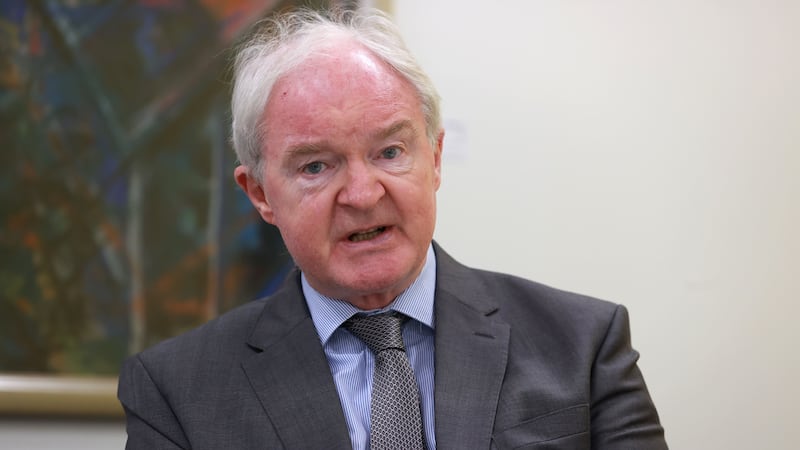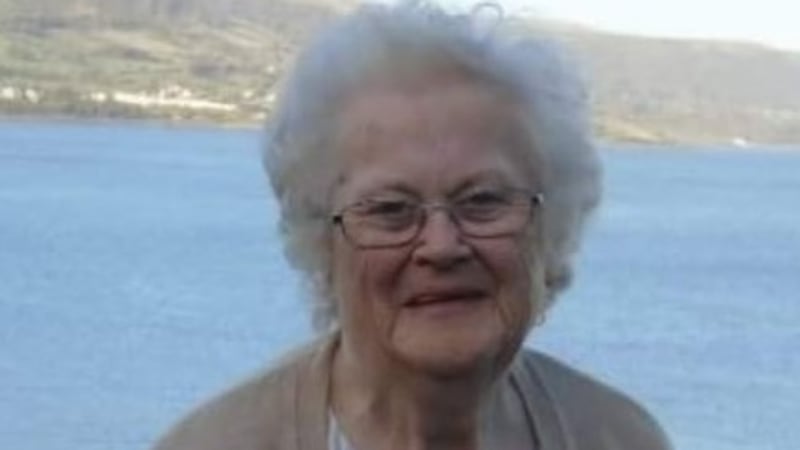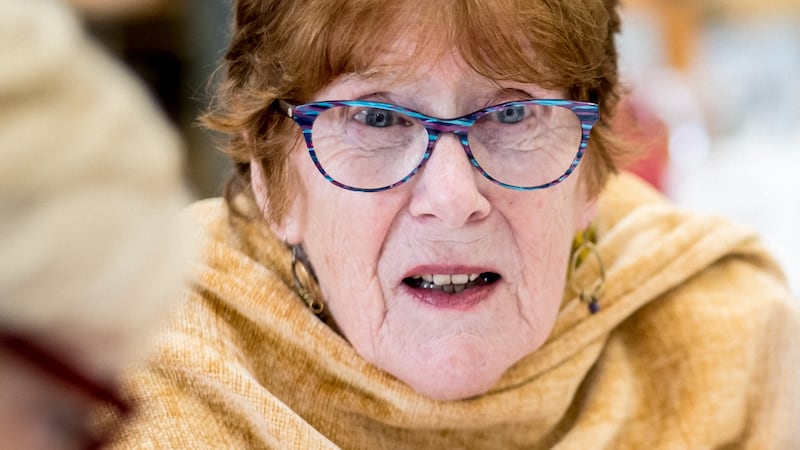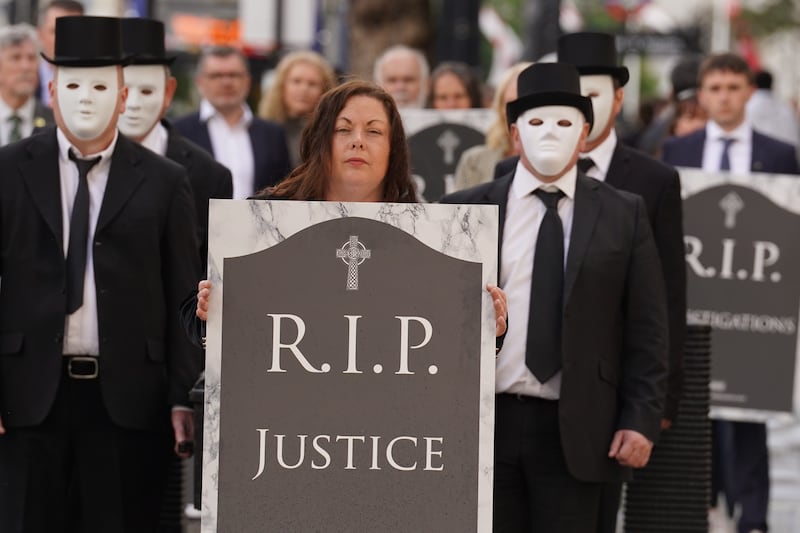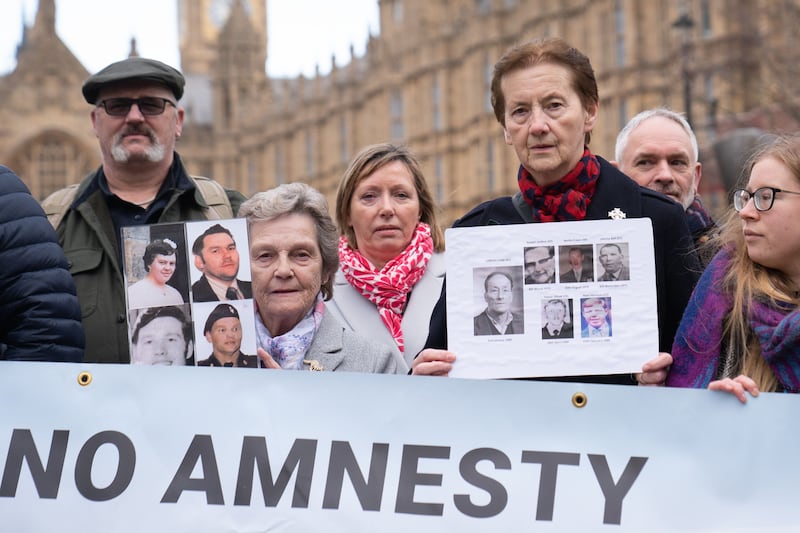The head of a new body dealing with the legacy of the Northern Ireland Troubles has said he hopes those concerned about its work will “recalibrate” their view once legal challenges have been resolved.
Former Lord Chief Justice Sir Declan Morgan, the incoming chief commissioner of the Independent Commission for Reconciliation and Information Recovery (ICRIR), said he would be continuing to reach out to victims across Northern Ireland ahead of the body formally beginning its task of dealing with hundreds of unresolved legacy cases.
The commission, which will employ several hundred people, is being set up under the Government’s controversial Legacy Bill, which is awaiting royal assent.
The Northern Ireland Troubles (Legacy and Reconciliation) Bill will provide a limited form of immunity from prosecution for Troubles-related offences to those who co-operate with the ICRIR.
It will also prevent future civil cases and inquests.
The Bill was opposed by all major Stormont parties, the Irish Government and victims’ campaign groups.
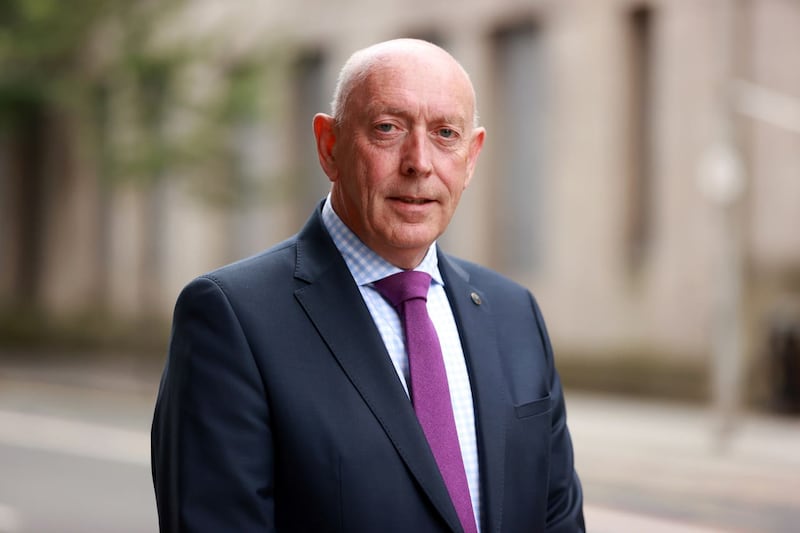
The ICRIR announced on Thursday that former senior police officer Peter Sheridan will become its commissioner for investigations.
In an interview with the PA news agency, Sir Declan said he had been engaged in a process of reaching out to groups representing victims to explain the work that his commission will be able to carry out.
He said: “I have spoken to a large number of groups from across Northern Ireland who have different concerns.
“I think we still have to continue to make that case because the Bill does allow us a great deal of latitude in terms of how we do the work that we do.
“We are anxious to use this period as a period for getting back feedback from the community as to how best the community considers that we should be able to do that.
“I suppose what I want to do is to make it clear to the community that there is huge space here for us to be able to do this in the way that best satisfies the needs of our community.”
On Friday, the families of a number of Troubles victims announced that they had launched a High Court challenge to the legacy legislation.
Sir Declan previously said he expected legal challenges.
He said: “I have indicated I am keen that that litigation should take place as quickly as possible so that we have clarity in relation to what is lawful and what isn’t and what is compatible with the Good Friday Agreement and with the European Convention on Human Rights and what isn’t.
“I think once we have that process completed then I envisage those who are concerned will have a chance to recalibrate and I hope then see that there is a lot to be said for members of their communities in terms of what the commission can deliver.”
A number of other commissioners are expected to be appointed by the ICRIR in the coming months as well as an oversight body for its investigatory work.
The commission will formally begin its work on May 1 and is expected to begin receiving applications from families in the summer of 2024.
Sir Declan said: “In the period between now and then our principal task will be to reach out to the community and see what the community wants from us.”
The primary role of the ICRIR will be to provide information to families, victims and survivors of Troubles-related deaths and serious injury.
It will have full police powers to conduct criminal investigations as part of any review as well as granting immunity from prosecution.
